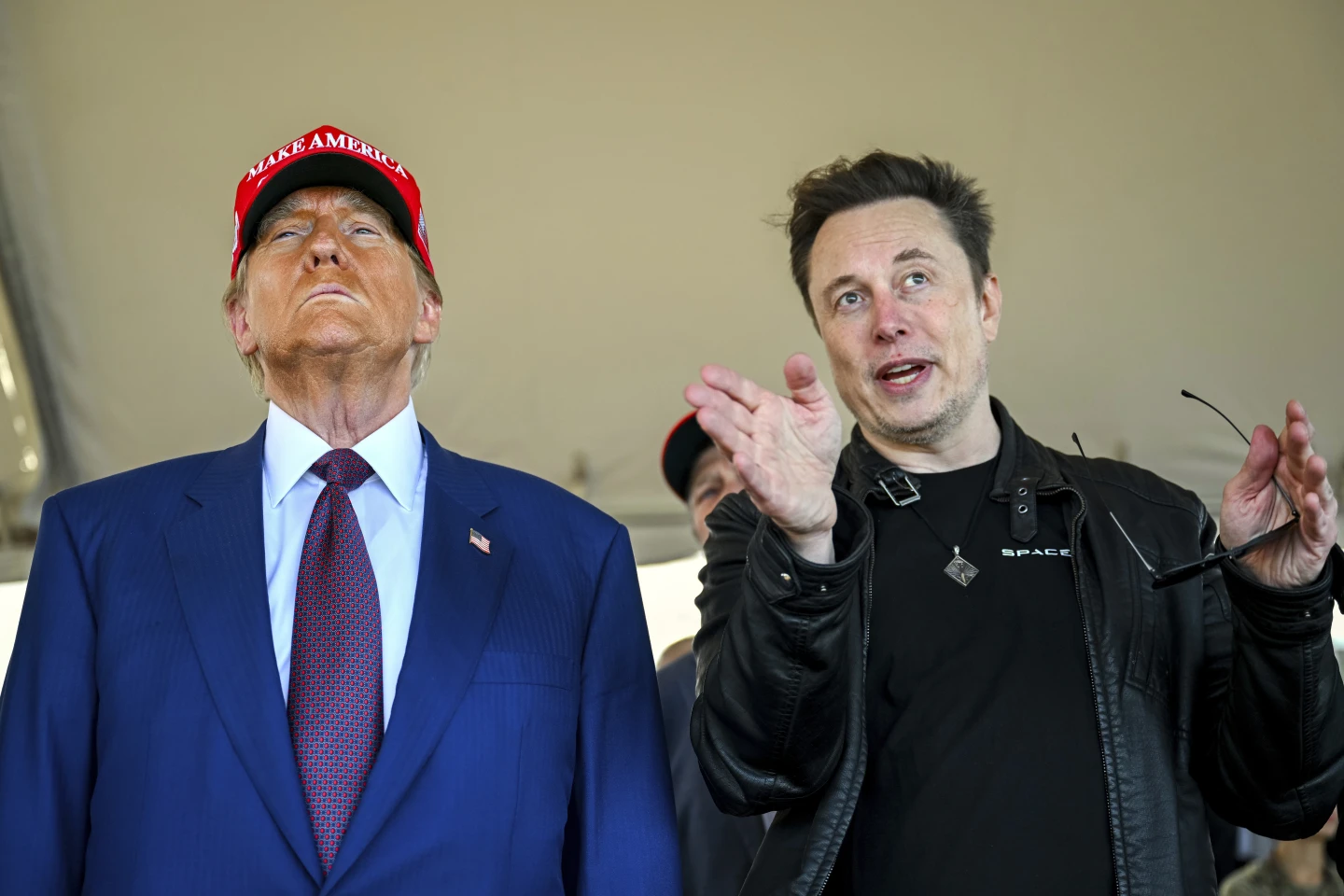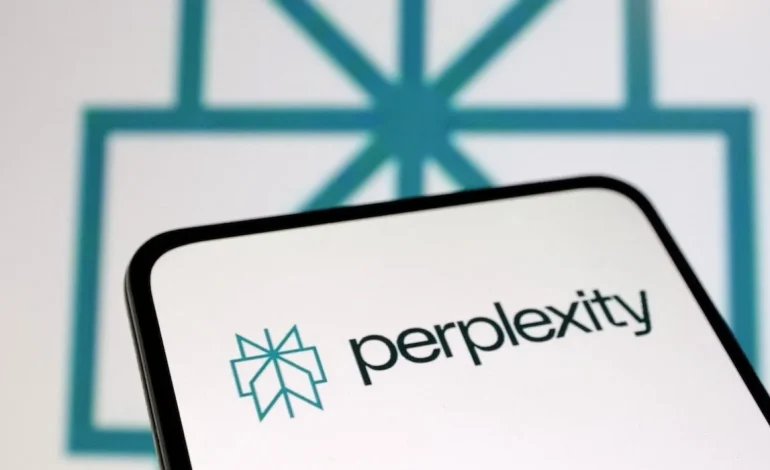Perplexity, an AI search engine company, is responding sharply to a recent copyright infringement lawsuit filed by News Corp, the parent company of The Wall Street Journal and the New York Post.
News Corp alleges that Perplexity “copies on a massive scale” by scraping and repurposing content from its publications without permission. In a blog post, Perplexity described the lawsuit as part of an “adversarial” trend between media organizations and technology companies, which it argues is “shortsighted” and ultimately detrimental.
In its defense, Perplexity criticized what it sees as an effort by news organizations to treat factual information as property, restricting its use without paid licensing. Although facts themselves are not protected under copyright law, News Corp’s suit contends that how those facts are presented and expressed is indeed copyrighted material. Earlier complaints from Forbes noted that Perplexity’s AI-generated content appeared to echo the structure and language of its original articles, with some “entirely lifted fragments.”
Perplexity says the lawsuit misconstrues its practices, which it argues are “misleading at best.” The company also pointed to its existing revenue-sharing program, which collaborates with publications such as Time, Der Spiegel, and Fortune, as a sign of its commitment to fair content usage.
In response, News Corp released a statement from CEO Robert Thomson, describing Perplexity’s practices as harmful to journalists and writers, claiming that the company “willfully copied copious amounts of copyrighted material without compensation” and presented it as a direct substitute for the original sources. Thomson expressed appreciation for AI companies that uphold intellectual property standards, such as OpenAI, and added that News Corp would continue to defend its intellectual property rights in this and other similar cases.
With input from the Verge.









